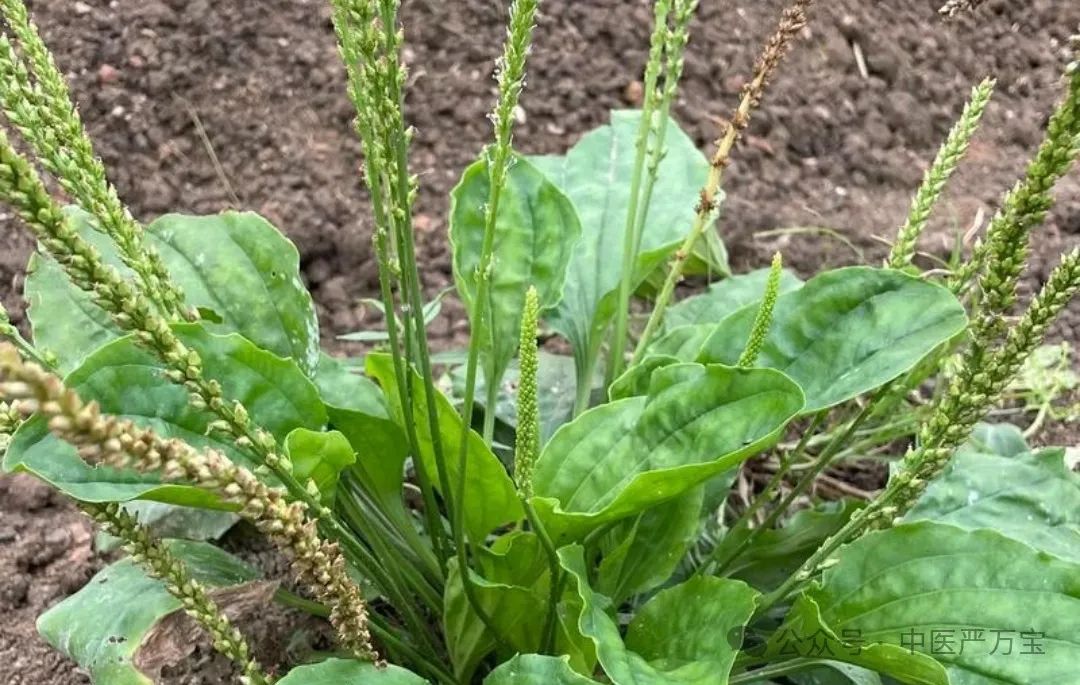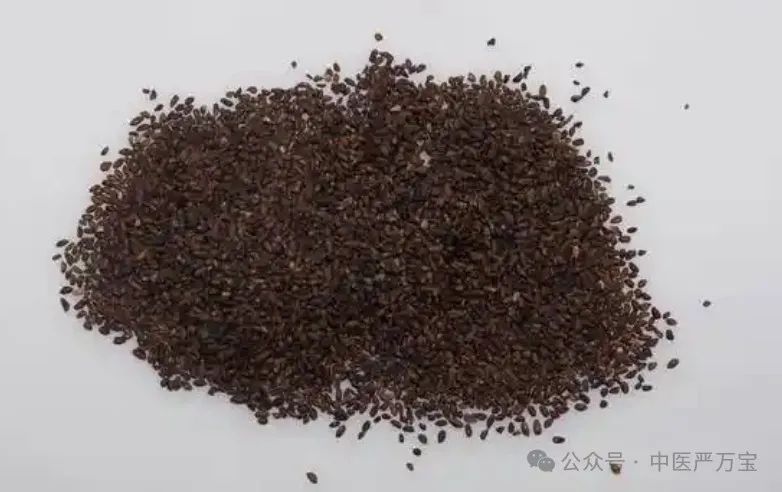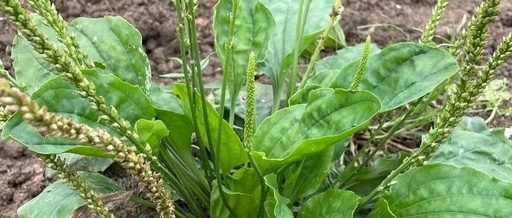
The Story of Plantago (Cheqian Cao) in Traditional Chinese Medicine Folklore

It is said that during the Han Dynasty, a general led his army on a long expedition and passed through a desolate desert. Due to the hot weather and lack of water sources, many soldiers and horses suffered from urinary tract diseases, experiencing symptoms such as painful urination and hematuria, which severely affected their marching speed.
The general was extremely anxious and searched everywhere for a solution. One day, he noticed that several horses in the army were nibbling on a type of wild grass growing by the roadside, and their health was noticeably better than that of the other horses. Curious, the general ordered the collection of this wild grass and had it boiled to make tea for the soldiers to drink.
To everyone’s surprise, after drinking the tea made from this grass, the soldiers’ urinary symptoms gradually alleviated, and their health was restored. The general was overjoyed and asked the locals for the name of this grass. The locals told him that this grass, which often grows by the roadside where carts pass, is called “Plantago” (车前草, Cheqian Cao), and its seeds are known as “Plantago seeds” (车前子, Cheqian Zi). From then on, Plantago and its seeds became widely used to treat urinary tract diseases and gradually became common medicinal materials in Traditional Chinese Medicine.

